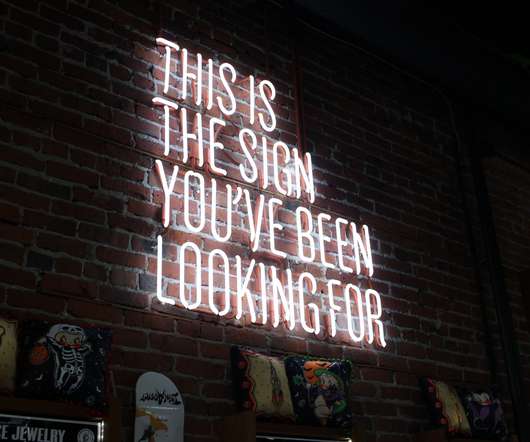The Connected Educator: Building a Professional Learning Network
Allison Rossett
JULY 17, 2012
Her topic– personal learning networks, also known as PLNs. Here is a way for people to turn their interest in lifelong, independent learning AND social connections into a way of life. Educators today are pursuing professional development by building their very own Professional (or Personal) Learning Networks (PLNs).










































Let's personalize your content